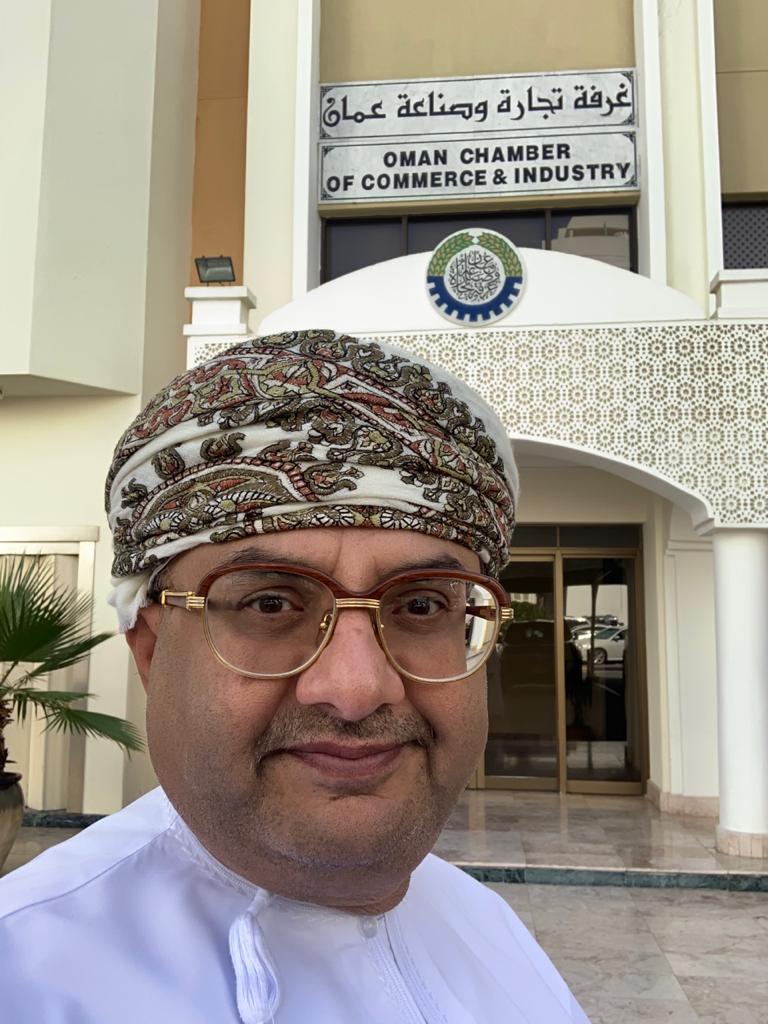Covid-19 underscores importance of a strong insurance industry
Published: 06:03 PM,Mar 22,2020 | EDITED : 05:01 PM,Jan 13,2025


Murtadha Jamalani - OCCI new
MUSCAT: With the coronavirus (Covid-19) pandemic threatening to unleash mayhem in some sectors of the Omani economy, as it has already begun to do elsewhere around the world, the importance of insurance protection as a hedge against such perils is being highlighted by Oman Chamber of Commerce and Industry (OCCI).
According to a high-level official of the Chamber, the Covid-19 crisis is once again a reminder to policymakers, as well as private sector players, about the need for robust insurance industry as a stabilizing force to the national economy when faced by, among other hazards, natural calamities and extreme weather events.
“In recent years, the Sultanate has been increasingly exposed to natural catastrophes in the form of destructive tropical cyclones, flooding, and other disasters – the result of global warming and climate change. Add to these perils are threats like the coronavirus pandemic, which has already pulled down crude oil and equity markets – both here in Oman and internationally. With a solid and well-entrenched insurance sector, underpinned by strong domestic and reinsurance components, businesses and the wider economy can be helped back to their feet if impacted by such crises,” said Murtadha M J Ibrahim al Jamalani (pictured), Chairman – OCCI’s Finance & Insurance Sector Committee.
Speaking to the Observer, Al Jamalani said a healthy and vigorous insurance sector serves as an important safety net for private businesses and the national economy in the event of a disaster.
“As we all know, insurance and reinsurance ensure a degree of financial sustainability to entrepreneurs, corporate entities and the national financial and monetary systems when they emerge from a natural or manmade crisis. From the pool of funds created by insurers and their reinsurers, disaster-impacted individuals, businesses and economic sectors can get suitably compensated and get back on their feet as quickly as possible. Furthermore, through reinsurance operations, risk is diversified internationally, and any payouts received will come in the form of foreign currency to the Sultanate.”
A five-year Business Plan formulated by OCCI’s Finance and Insurance Sector Committee, spanning the 2018 – 2022 timeframe, has called for, among other proposals, a comprehensive overhaul of insurance laws and regulations in the Sultanate, said Al Jamalani.
“Through this Business Plan, and with the support of OCCI’s Board of Directors, we have requested the Capital Market Authority (CMA) to review the Insurance Investment Law to allow insurance companies to increase their investment in the Sultanate and thereby ease the challenges faced by corporate entities and individuals entrepreneurs.
The Chamber, he further noted, is actively considering a proposal for setting up a Strategic Enterprises Risk Management Unit within its organisational structure. “The objectives are two-fold: (i) To identity all types of risks faced by entrepreneurs and the private sector – whether economic, commercial, political, social, legal, and automation related; and (ii) to assist the private and government sectors in identifying solutions.”
Importantly, a strong insurance sector is also vital for Oman’s efforts to diversify the economy, the official stressed. “As part of its drive to support the growth of the non-oil economy, every effort must be made to increase the insurance sector’s contribution to the GDP. This can be achieved only by attracting new players to the insurance sector and increasing in-country retention of insurance premiums.”
“We also need insurance companies, specializing in Health & Accident Insurance or Life Assurance, to be established in the Sultanate either as new entities or through Mergers & Acquisitions (M&A). Besides, it’s high-time for pension funds and social investment to support the industry through investment in reinsurance for the sake of the national economy,” he further added.
